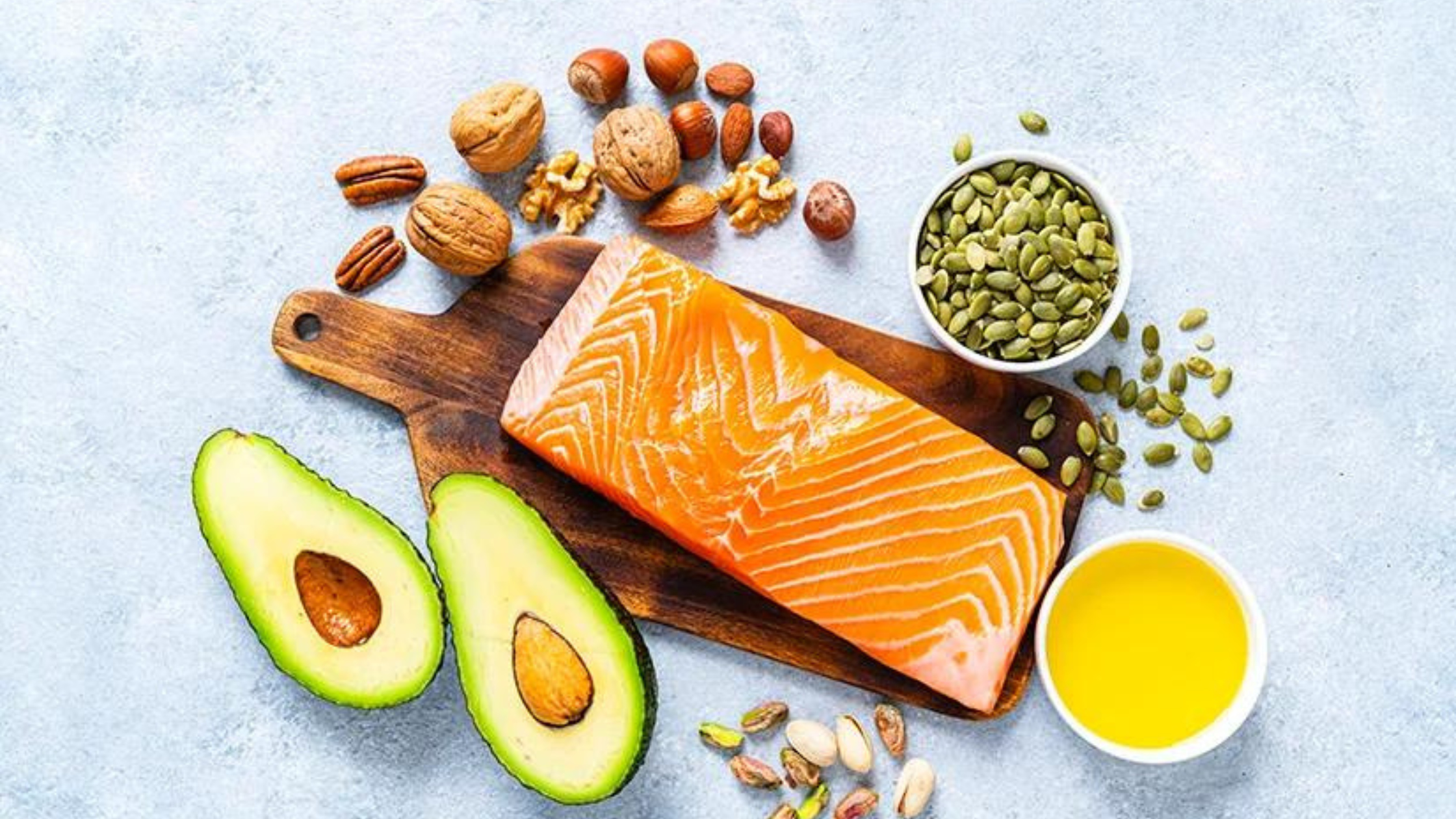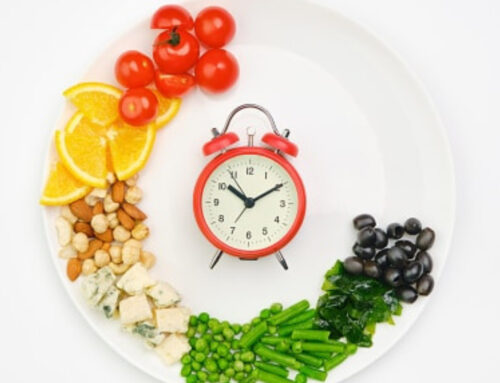“Why am I not losing weight after fasting?”
“I’ve been fasting for years now but I’m not losing weight.”
I get these comments all the time, and usually the people saying them are frustrated. Fasting is supposed to be this amazing tool for weight loss—so why isn’t it working?
If you’ve been fasting for a while now and the scale hasn’t moved—or, even worse, if it’s been going up—I may be able to help.
Here are a few simple mistakes a lot of people make when doing intermittent fasting. If you’ve been doing one of these, don’t worry! Once you correct it, things should fall into place quite quickly, and you’ll be back on track with your weight goals in no time.
1. Not Varying Your Fasts
Remember that with fasting, we are trying to reproduce what our primal ancestors did when they were looking for food.
Some days, our ancestors would leave their caves to hunt, make a kill within a couple hours, and have a feast. Other times, they wouldn’t find food for hours, or even days.
That’s important because our genes evolved to support a hunter-gatherer lifestyle. In fact, a prominent hypothesis, called the Thrifty Gene Hypothesis, argues that the reason certain humans didn’t live through those primal days is because they burned fat too efficiently, which led them to starve to death during times of famine[*].
Everyone else had a “thrifty” genotype that held onto fat, helping them survive long periods without food. They’re the ones who made it through and passed on their genes, which means most of us today have the thrifty gene as well[*].
The thrifty gene was great for surviving when food was scarce—but today, when we’re constantly surrounded by food and eat on a regular schedule, we’re predisposed to gain weight.
That’s why it’s important to vary your fasts. You want to go through varying periods of fasting and feasting, mimicking the genetic environment of your ancestors. Different lengths of fasting produce different benefits[*], and switching things up can help “unstick” you if you’ve hit a weight loss plateau.
What to do: Try a couple shorter fasts (~14 hours) and a couple longer fasts (18-20 hours) each week. If you can, add in a 24-hour fast as well. This variation can turn on genes that kickstart your metabolism, helping you lose weight.
2. Not Fasting Long Enough
The benefits of fasting begin to kick in at around 14 hours without food[*]. A shorter fast won’t cause the metabolic shifts that you need.
However, the longer you fast, the more benefits you unlock. Ideally you’d be doing 16-hour or 18-hour fast, and maybe a 24-hour fast once a week. Fasting for longer can help turn on weight loss, so if you’ve been sticking closer to 12 hours with your fasts, try stepping it up.
What to do: Increase the length of your fasts to 16+ hours, and aim for a 24-hour fast (or longer) at least once a week.
3. Eating These 3 Weight Gain Foods
There are three important food changes to make if you want to lose weight, even when fasting. Here they are:
- Eat good fats, not bad fats. Avoid polyunsaturated fats from vegetable oils like soybean and canola oil. They cause inflammation that can stop weight loss in its tracks. Instead, stick to saturated fats (coconut oil, butter, beef fat), monounsaturated fats (olive oil, avocado, nuts, seeds), and omega-3s (wild-caught fish, grass-fed meat).
- Eat nature’s carbs. Bread, pasta, sugar, and other refined carbs will spike your insulin and make your body hold on to fat. Instead, choose unrefined, slow-digesting complex carbs like sweet potato, butternut squash, beans, and lentils.
- Get rid of fake ingredients. Artificial sweeteners, colors, preservatives, and other junk ingredients can stall weight loss. I know it can be tempting to drink sweetened zero-calorie drinks or add sucralose to your coffee while you fast, but doing so makes it harder for your body to lose weight. Stick to real food.
4. Exposure to Hormone Disruptors
There are a few common environmental toxins that disrupt your hormones, which can cause you to either gain weight or struggle to lose it. You may be exposing yourself to these toxins without realizing it.
For example, a 2022 review found that BPA plastic, which is common in a lot of soft plastic food packaging, leads to hormone disruptions that cause weight gain[*]. The effect was so pronounced that the paper’s authors labeled BPA an “obesogen.”
There are also phthalates and parabens, which can cause weight gain by disrupting insulin sensitivity[*][*]. They’re common ingredients in makeup and other cosmetics, deodorants, shampoos, and conditioners, as well as perfumes.
If your body is stubbornly holding onto fat, toxins may be to blame. Lowering your toxic load can help make your cells (and metabolism) more efficient, which can help you get back on track with weight loss.
What to do: stay away from soft plastics that contain BPA and switch to natural cosmetics, deodorant, shampoo, and perfume to avoid phthalates and parabens. Doing so will help you avoid hormone-disrupting chemicals that cause weight gain.
Final Thoughts
Intermittent fasting is an amazing tool for weight loss, but it’s important to get a few details right. Correcting these common mistakes can help you stay on track with your fitness goals.
If you’ve stalled in your weight loss even though you’re fasting, don’t worry—with a few tweaks, you’ll be on your way to looking and feeling better than you have in years.
And if you’re still not losing weight (or you just want to kickstart your metabolism), try my free 30-Day Ketobiotic Reset. It will help you balance your hormones and speed up fat-burning in just 30 days—and it’s totally free. Happy fasting!









Is green tea with a packet of stevia and MCT oil OK to drink while fasting?
I have read that a person can drink coffee during the time they are fasting so I am wondering if a supplement like AG1 is okay to take during fasting or should I wait and drink that when I am breaking the fast.
I have had my thyroid removed. Do the same fasting rules apply if you no longer have a thyroid?
Can you still take Estrogen medication while fasting ?
You will want to consult with your health practitioner on any medication you are taking.
I heard you talk on fast g for women on Mel’s podcast. You said women have a 28day cycle.
I am 61 and in menopause. Do I follow the moon to determine my fasting times?
Yes! For women who do not experience a cycle, it’s best to follow the moon cycle!